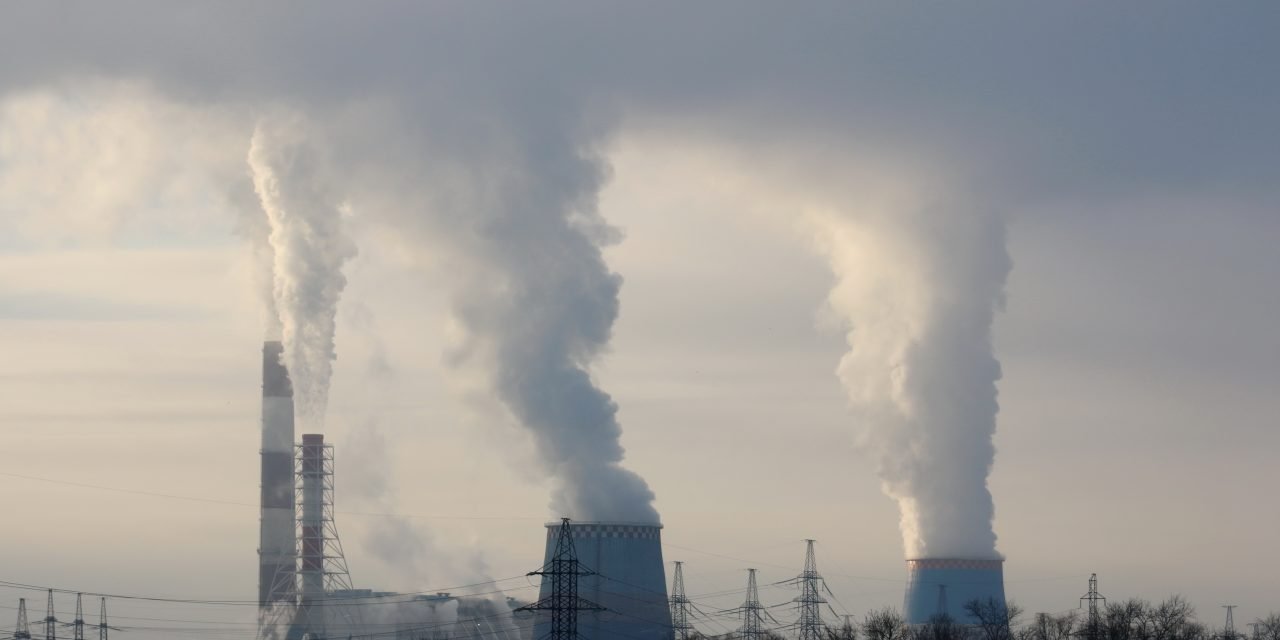New documents obtained by the Wall Street Journal have exposed a clandestine effort by ExxonMobil executives to undermine climate science, even after the company publicly recognized the link between fossil fuel emissions and climate change. These documents, subpoenaed by New York’s attorney general as part of an investigation initiated in 2015, shed light on a decades-long campaign of misinformation waged by ExxonMobil.
Many of these newly revealed documents date back to the tenure of former Chief Executive Rex Tillerson, who oversaw a significant shift in the company’s stance on climate change. In 2006, ExxonMobil publicly acknowledged the risks posed by the climate crisis and pledged support for the Paris Agreement. However, behind closed doors, the company’s actions contradicted its public statements.
In 2008, ExxonMobil pledged to cease funding climate-denier groups. Paradoxically, the same year, company leadership expressed support for directing a scientist to assist a leading oil and gas lobbying group in writing a paper questioning the “uncertainty” of measuring greenhouse gas emissions. This preoccupation with sowing doubt about climate change persisted throughout the years.
One document revealed that in 2012, before a meeting with company scientists, a researcher expressed interest in finding “skeptic” arguments that had not yet been disproven. During a board meeting in the same year, board member Peter Brabeck-Letmathe, the former chief executive of Nestlé, voiced skepticism about the ability to predict future climate changes and impacts, suggesting that efforts and resources spent on climate change were misplaced.
The documents also indicated ExxonMobil’s dissatisfaction with scientific warnings from authoritative bodies. When the Intergovernmental Panel on Climate Change (IPCC) issued an urgent call to curb greenhouse gas emissions in 2011, Tillerson dismissed the warning as “not credible” and expressed dissatisfaction with media coverage of worst-case climate scenarios.
Tillerson also sought to engage with scientists to influence their findings, as revealed in a 2012 email. Years later, he expressed doubt about the United Nations’ Paris accord just months before it was signed, questioning the feasibility of the 2-degree Celsius global heating target.
Despite these revelations, ExxonMobil publicly endorsed the Paris Agreement in December of that year. During his Senate confirmation hearing in 2017 to become Secretary of State under President Trump, Tillerson maintained his support for the agreement.
When questioned about these newly uncovered documents, ExxonMobil’s Chief Executive, Darren Woods, responded by suggesting they were being taken out of context. He emphasized the company’s commitment to reducing emissions and investing billions of dollars in sustainable solutions.
Rex Tillerson declined to comment on the matter, according to the Wall Street Journal. These documents may provide legal ammunition for ongoing efforts to hold oil companies accountable for their alleged attempts to cast doubt on climate science. More than two dozen U.S. cities and states are currently suing major oil companies, alleging that they concealed information about the dangers of burning fossil fuels.
In a further development, progressive senators led by Bernie Sanders have urged the Justice Department to initiate legal action against oil majors, citing potential violations of consumer protection laws, racketeering laws, and other legal standards.
These revelations underscore the need for transparency and accountability in addressing climate change and raise important questions about the role of corporations in shaping climate policy.

Looking back on my two decades in this field, I’m still as committed as ever to telling important stories and getting people to care about the Earth. Outside of writing, I work with Environmental groups that are trying to make things better for the environment and have a positive impact.










